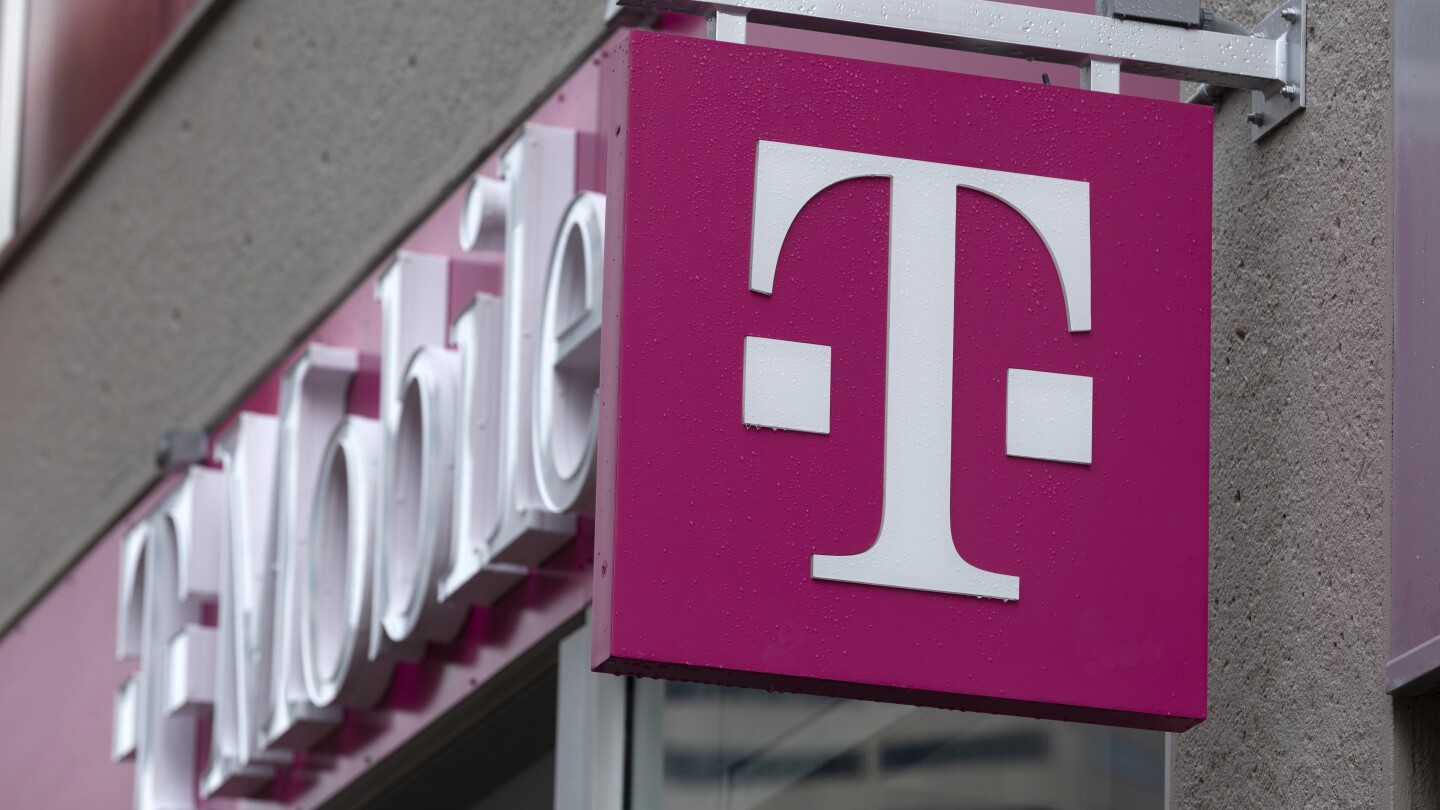Copyright 2024 The Associated Press. All Rights Reserved.
FILE – The T-Mobile logo is seen on a storefront, Oct. 14, 2022, in Boston. T-Mobile is not going to start fining everyday people for sending certain texts, despite claims otherwise on social media. (AP Photo/Michael Dwyer, File)
CLAIM: As of Jan, 1, 2024, T-Mobile is going to fine individual consumers for texting about topics that fall under the categories of sex, hate, alcohol, firearms or tobacco.
AP’S ASSESSMENT: False. The wireless carrier is instituting new fines for third-party vendors that send mass messaging campaigns on behalf of other businesses, not for individual consumers. These fines apply to texts that discuss sex, hate, alcohol, firearms or tobacco under certain circumstances, such as if the content violates federal law or is sent without an age verification system.
THE FACTS: A new T-Mobile policy aimed at curbing mass marketing texts that don’t meet industry standards is being misrepresented on social media as an effort to censor the messages of everyday people.
“Well, just when you thought censoring couldn’t get worse, as of Jan. 1 of 2024, which is like a week away, T-Mobile is now going to be policing and fining your text messages,” a woman says in an Instagram video.
“Yes, personal text messages on your phone. And if your messages fall under what they call SHAFT — that is the acronym for sex, hate, alcohol, firearms or tobacco — they are going to start fining their customers for talking about stuff about that on their bandwidth,” she continues.
The video had received more than 6,700 likes as of Friday. A tweet that made similar allegations had received approximately 31,000 likes and 24,900 shares.
T-Mobile will be introducing three new fines in 2024, but personal texts won’t be affected.
“The change only impacts third-party messaging vendors that send commercial mass messaging campaigns for other businesses,” the company wrote in a statement emailed to The Associated Press. “The vendors will be fined if the content they are sending does not meet the standards in our code of conduct, which is in place to protect consumers from illegal or illicit content and aligns to federal and state laws.”
Content that manipulates people into revealing private information will result in a fine of $2,000, while content on subjects that are not legal federally and in all 50 states — such as marijuana and solicitation — will elicit a $1,000 charge, according to notices posted last week by third-party vendors that facilitate mass text campaigns.
Other violations — for example, “SHAFT” content that is sent without verifying recipients’ ages — will cost companies $500 each.
T-Mobile’s statement also noted the company does not have the ability to censor personal messages, aside from filters that “protect our customers from unwanted texts that could contain malware and other fraudulent or malicious activities such as phishing.”
This is not an update to T-Mobile’s general terms of service. Rather, the fines apply to companies that violate text marketing industry standards regarding illegal, unallowed or illicit content that have been previously set by the Cellular Telecommunications and Internet Association. Adherence to these standards is already outlined as part of T-Mobile’s code of conduct for its commercial messaging customers.
___
This is part of AP’s effort to address widely shared misinformation, including work with outside companies and organizations to add factual context to misleading content that is circulating online. Learn more about fact-checking at AP.
Copyright 2024 The Associated Press. All Rights Reserved.

